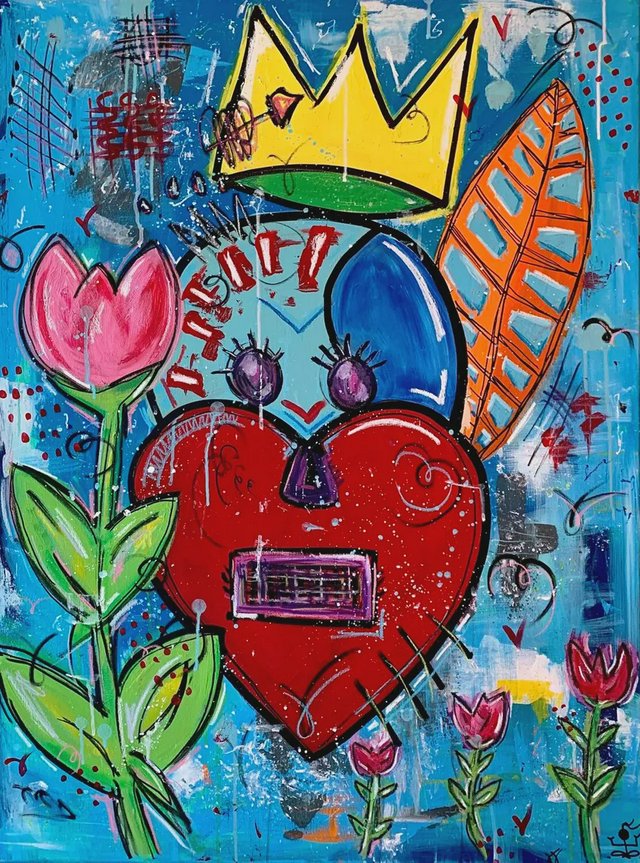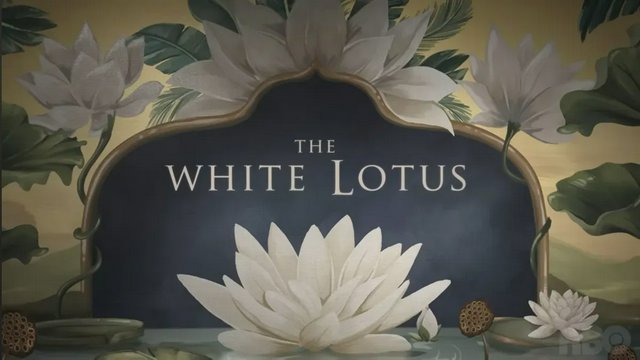The MBTI Dynamics of Deborah Vance and Ava Daniels in Hacks

1. MBTI Analysis of the Main Characters
Deborah Vance (ENTJ - The Commander)
Deborah Vance, the legendary comedian in Hacks, embodies the ENTJ personality type:
- Decisive and strategic – She has built a long-lasting career with her sharp wit and business acumen.
- Highly goal-oriented – Always striving to stay relevant, she views setbacks as opportunities to adapt and grow.
- Direct and pragmatic – She rarely sugarcoats her words, focusing more on results than emotions.
- Logical yet emotionally reserved – While she occasionally shows warmth, her primary mode of operation is through efficiency and control.
Ava Daniels (INFP - The Mediator)
Ava Daniels, a young comedy writer, exhibits strong INFP traits:
- Creative and idealistic – She values artistic integrity and wants her writing to be meaningful.
- Emotionally sensitive and introspective – Easily affected by external criticism and struggles with self-doubt.
- Struggles with structure – Prefers free-flowing creativity over rigid schedules and discipline.
- Deeply personal in her work – Unlike Deborah, who focuses on mass appeal, Ava prioritizes authenticity and emotional depth.
The ENTJ vs. INFP dynamic creates tension between them:
- Deborah sees Ava as too sensitive and unprofessional, while Ava finds Deborah cold and overly pragmatic.
- Ava dismisses Deborah’s “mainstream” comedy, whereas Deborah believes Ava’s writing is too self-indulgent.
- However, they gradually learn from each other, making their relationship the heart of the show.
2. How MBTI Influences Their Relationship and Plot Development
Season 1: Conflict and Adjustment
- ENTJ’s Toughness vs. INFP’s Sensitivity
Ava initially disrespects Deborah, seeing her as an outdated comedian, while Deborah views Ava as entitled and naive. Their frequent clashes reflect ENTJ’s no-nonsense leadership clashing with INFP’s emotional depth. - INFP’s Rebellion vs. ENTJ’s Control
Ava’s impulsive and emotional decisions (such as leaking details about Deborah’s personal life) trigger Deborah’s ENTJ instinct to assert dominance and maintain control.
Season 2: Mutual Influence and Growth
- ENTJ Becoming More Vulnerable
Deborah starts to embrace more personal storytelling in her comedy, influenced by Ava’s emotional approach. - INFP Learning Pragmatism
Ava begins to understand the industry’s realities and starts adapting her writing to fit professional demands.
Season 3 (Potential Evolution): Separation and Independence
Their eventual arc may involve Ava carving out her own career, while Deborah lets go—representing the classic ENTJ mentor-INFP student dynamic, where the mentor ultimately allows the student to grow independently.
3. Conclusion: The Drama of ENTJ × INFP Dynamics
The Deborah-Ava relationship is one of the most compelling aspects of Hacks due to their contrasting yet complementary personalities:
- From Conflict to Balance – They start as adversaries but grow into an unconventional mentor-mentee duo.
- Power vs. Emotion – Deborah operates on control, while Ava thrives on feelings, making their push-pull dynamic engaging.
- Survival vs. Artistry – Ava wants to remain authentic, while Deborah teaches her how to navigate the industry.
Their MBTI contrast not only fuels the drama but also drives their personal and professional growth, making Hacks a masterclass in character-driven storytelling.




